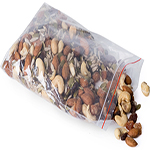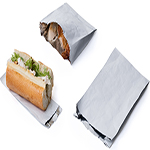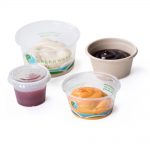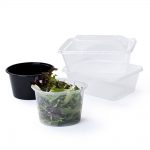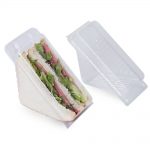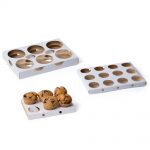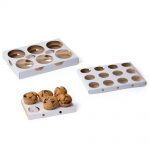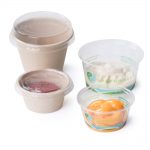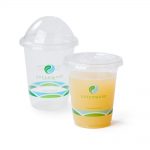Blog Categories
- Tips and Advice (55)
- Sustainability (26)
- Trends and Innovations (25)
- Tutorials and Templates (6)
- Regulations (2)
May
13
Posted on May 13, 2020 by Ash Bennett
13
How Food Businesses Adapt in Response to COVID-19
Posted on May 13, 2020 by Ash Bennett
Lower demand for goods and services, cash flow issues and having to change business practices are some of the impacts of the COVID-19 pandemic to businesses (source) including food service outlets.
For food service outlets to adapt, survive and thrive, they had to quickly change their business practices. A related example is how some liquor and perfume manufacturing companies shifted their production to sanitisers and alcohol for sanitation and disinfection. They have adapted their processes and equipment to produce essential goods and earn some profits in return. It’s also a good form of public service where they can provide what people need during these uncertain times.
How food businesses adapt in response to COVID-19
Many restaurants, bakeries, cafes and other food service outlets have quickly adapted by focusing on takeaway and home delivery services. There’s still a lower demand for goods because of the uncertainty and reduced staff and employment in different industries. But to maintain a cash flow and a stream of customers even during business restrictions, many food service outlets had to divert their resources and staff to other processes and tasks.
In takeaway and home delivery services, more of the financial resources of the businesses will go to buying takeaway food boxes and other packaging and containers. More of the staff will also focus now on putting the food inside boxes instead of serving the food on the table. There might also be less need for washing because of the use of more disposable packaging.
Minimising exposure and surface contact have also become a part of the changing business practices. For example, bake and serve trays are being used to remove the need to transfer baked goods from one container or surface to another. Aside from helping save money, this also removes waste because only one container is used and that there’s no need for washing. Solutions such as these are important in minimising exposure and surface contact as well as in helping food service outlets better streamline their operations.
Quickly adapting to changing situations is becoming important now because of the uncertainty. Although things might get back to normal soon, changes will always be a part of food businesses. Even without the COVID-19 pandemic, many food service outlets always try to stay competitive by improving their business practices and adapting to uncertain times.



